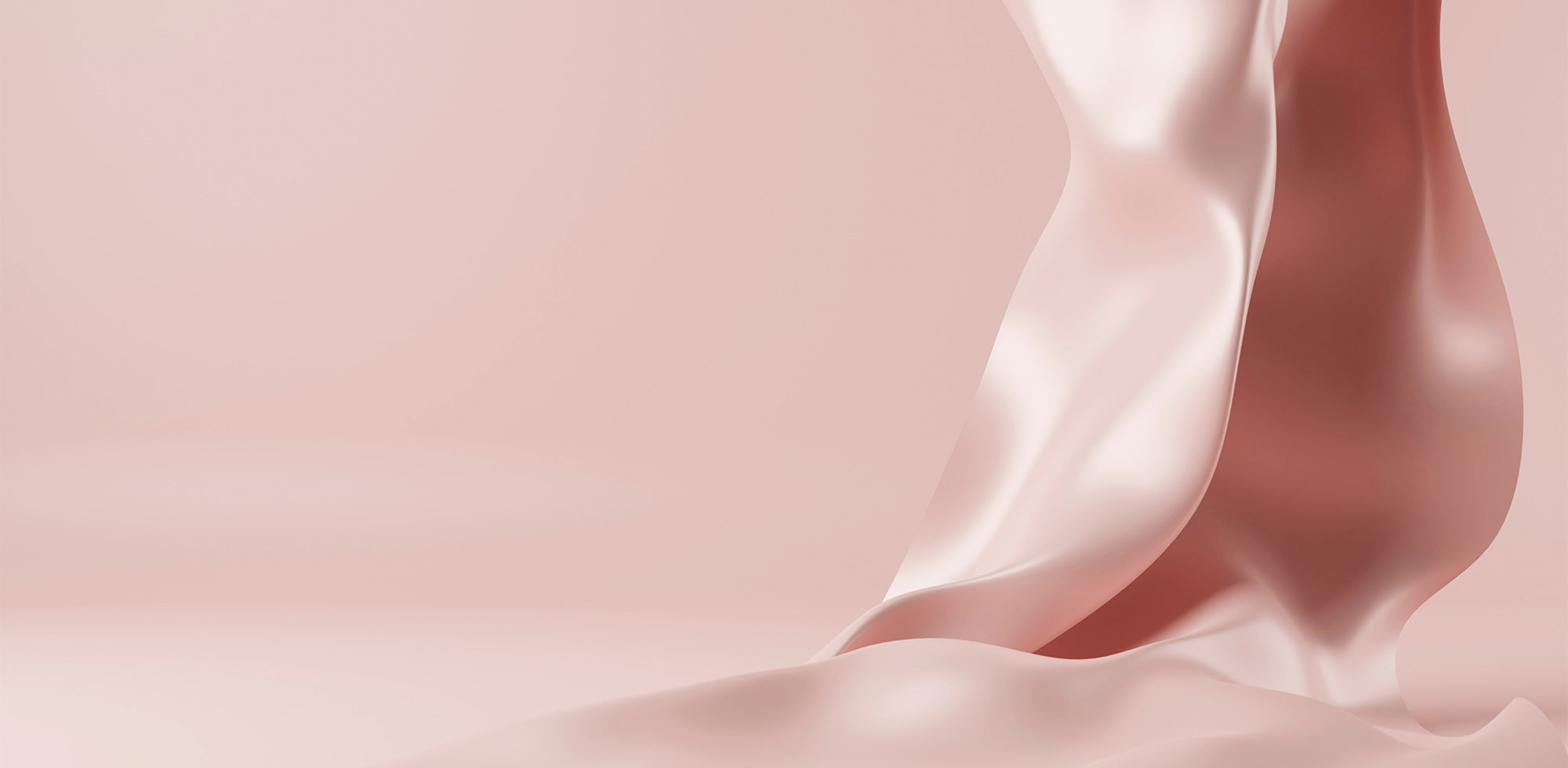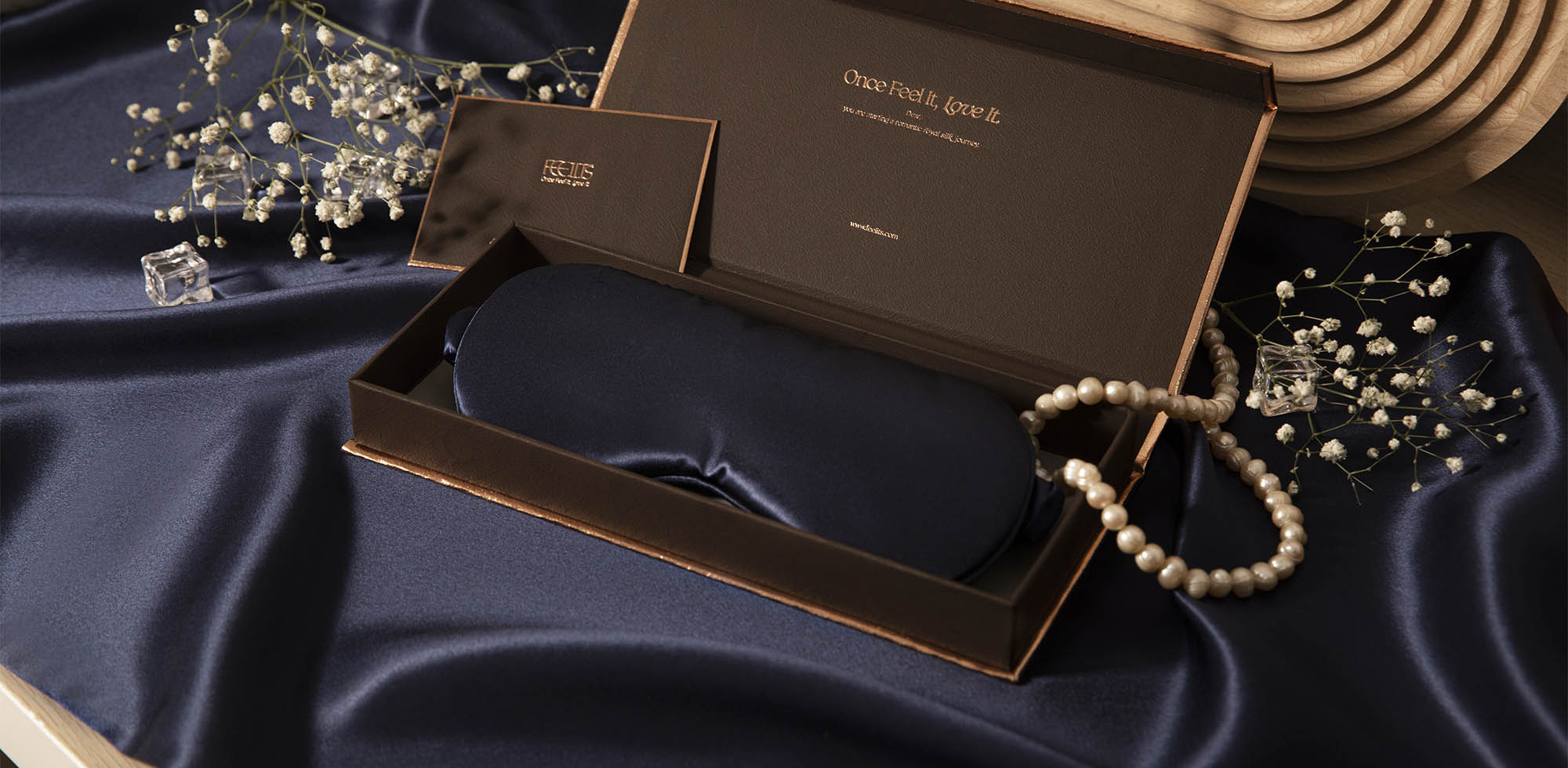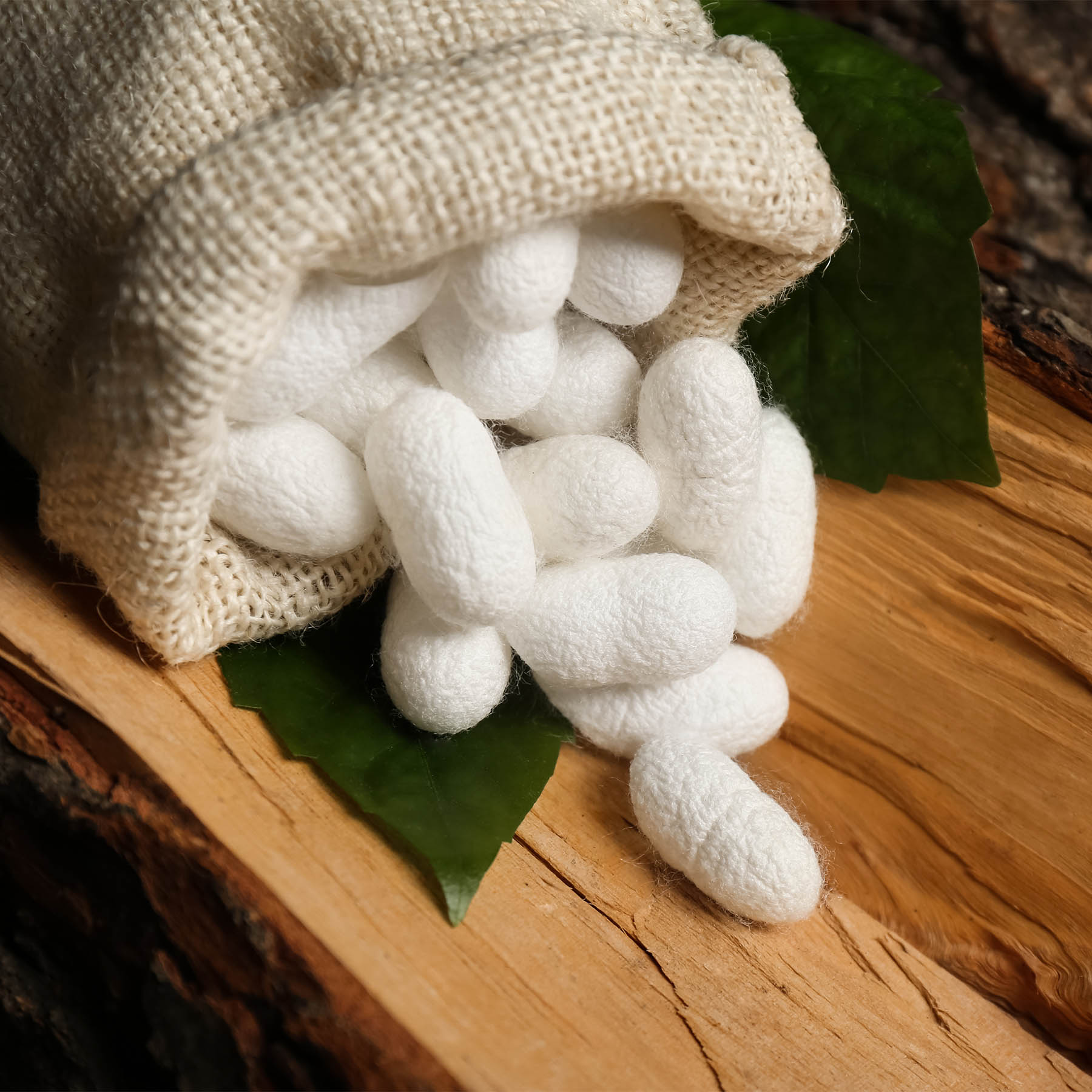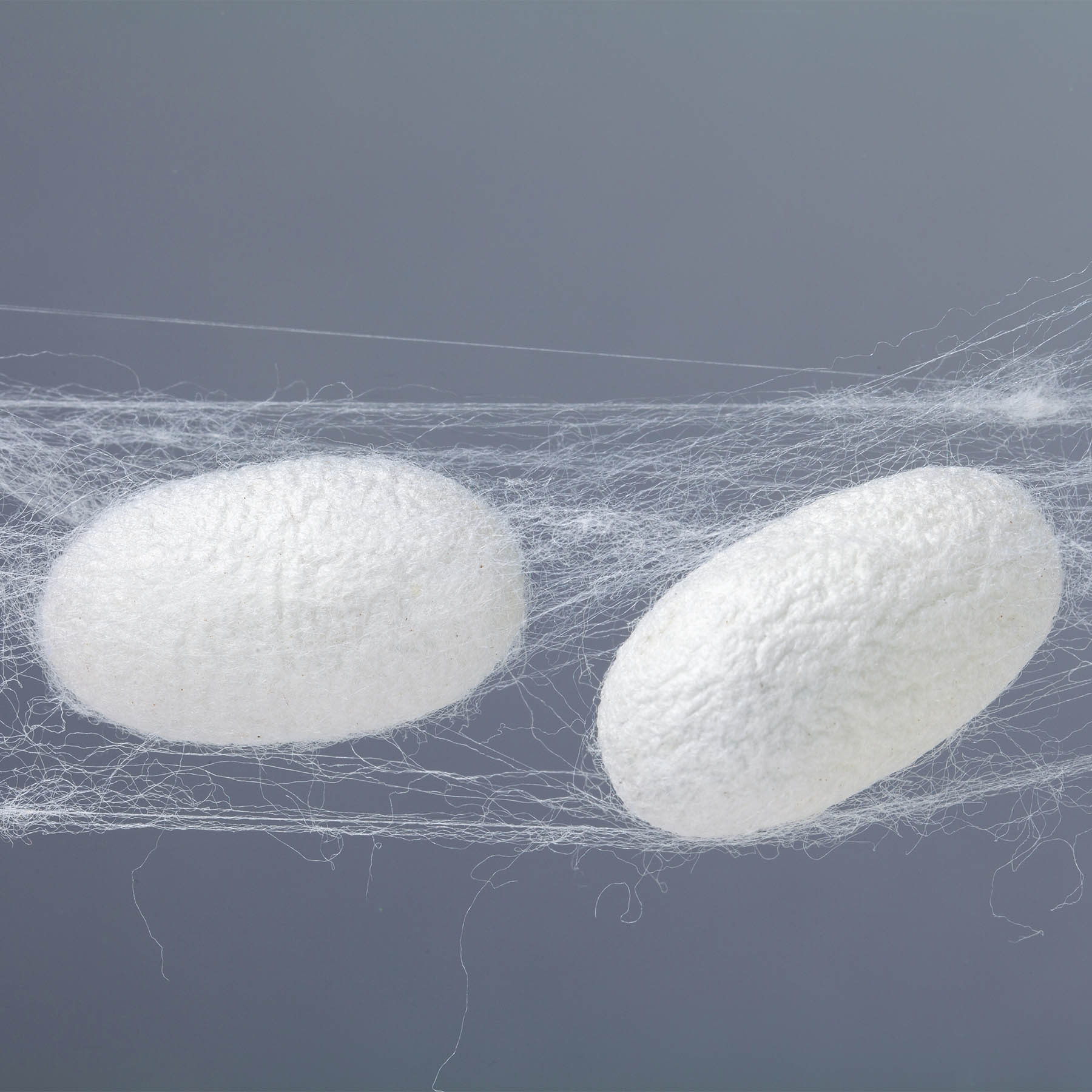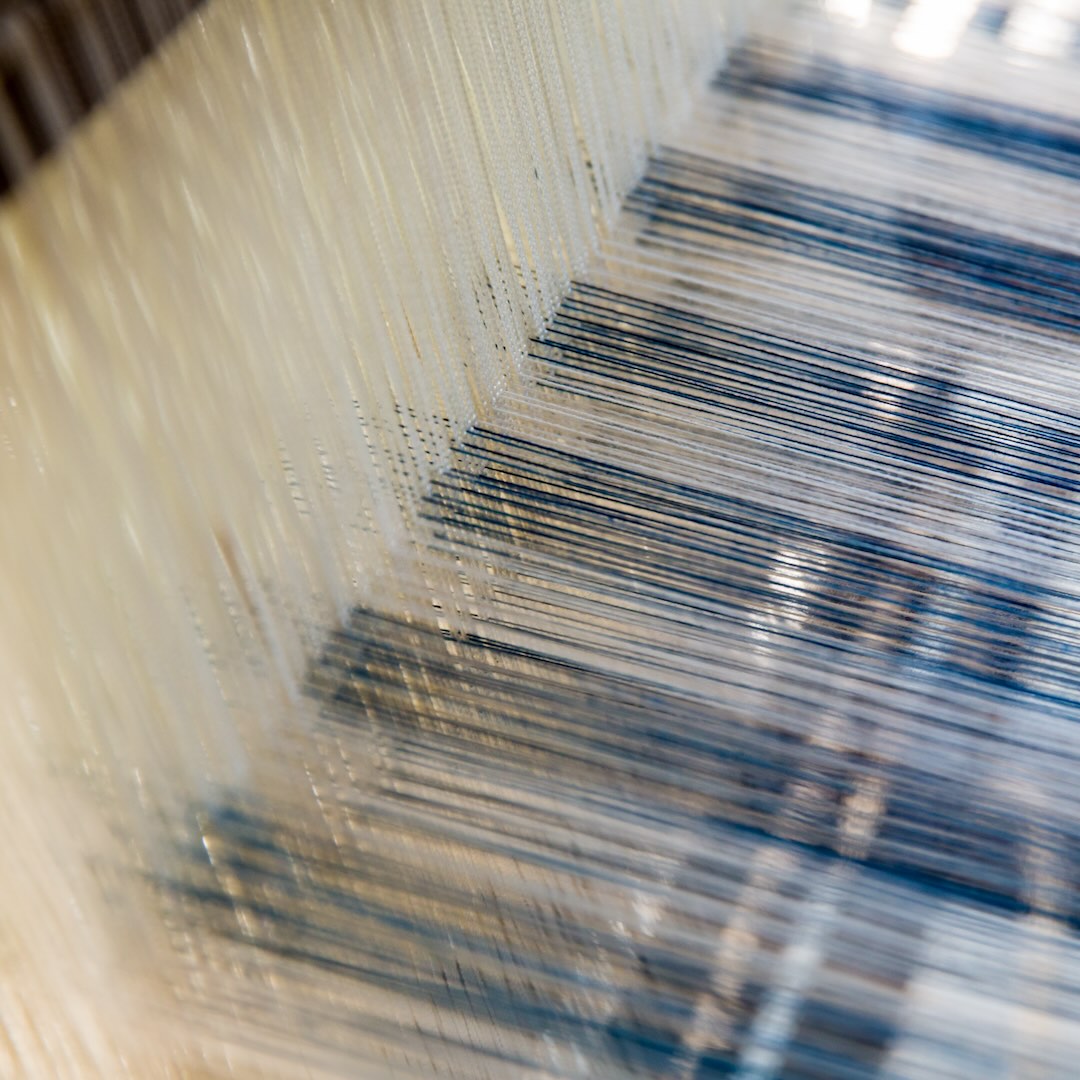
"SOFT GOLD" LOVED BY ROYALS
A Shinning Debut of Silk
The production of silk originated in Neolithic China within the Yangshao culture (4th millennium BCE). Due to the precious characteristics of production and technology, silk had been loved by the royal family and aristocrats and had the symbol of nobility. And Suzhou, also known as silk city, became an exclusive manufacture city where supplied the royal and top-classic silk products.
Since 300 AD, these exquisite silk products had also been gradually spreaded to other countries of the world and were loved by various royal families. For example, when Julius Caesar (100-44 BC), the legendary Roman general and a contemporary of Crassus, turned up at a theater draped in splendid Chinese silk, the would-be autocrat caused a big stir. In AD 1587 (the fifteenth year of Wanli), along with the development of the "Maritime Silk Road", silk products from Suzhou, China continued to be loved by European royals and nobles.
The longing for the luminous fabric was such that silk is considered to be a peerless luxury and noble, fascinated by the royal family and aristocrats, known as "soft gold".
The highest level of quality lies in every detail of our production process.
FEELITS MATERIAL
Learn about FFFELTS's know-how and creativity as told from an exclusive perspective. Superior quality silk materials unite with the expert craftsman's tools to create unmistakably stylish silk pieces, generated by meticulous actions and extraordinary manual skills.
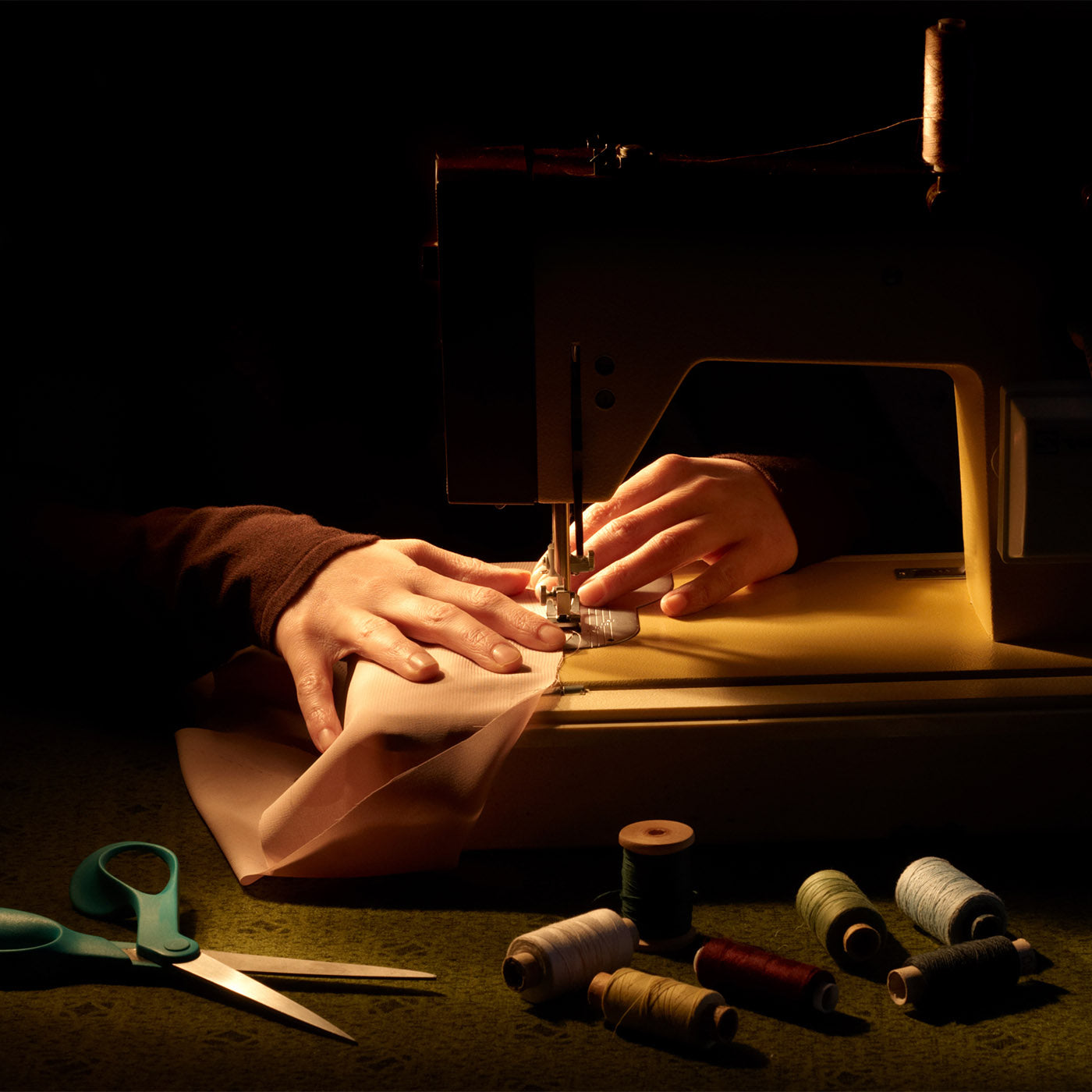

Artisanal Spirit and Humanist Values
Every FEELITS's product is a unique work of art created by our senior craftsmen. We have a faithful to the artisanal spirit and humanist values which drive us select the finest royal mulberry silk and accomplish every silk product by hand sewing.
Our senior craftsmen all own over 10 years of design and sewing experience, they focus on every detail carefully of production and create every product as a proud craft. Even machine manufacturing means fast, we still refused this way because machine-made products will produce exposed threads and gaps, reducing the aesthetics, fashion and comfort of the product.
Our Commit to the Planet
As a natural protein fiber, silk consume less water than cotton in every link of production. In addition, silk products also have a longer service life-time, and have the environmental advantages of being sustainable and 100% degradable.

